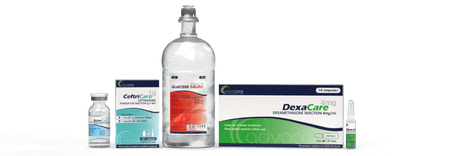What are Injections?
Injections are a method of delivering medication directly into the body through a needle and syringe. They allow for rapid and precise administration of drugs into the bloodstream, muscles, or specific tissues. Injections are used when immediate effects, accurate dosing, or bypassing the digestive system are required.
Injections offer several advantages over other routes of drug administration. Firstly, injections provide rapid onset of action, allowing medications to take effect quickly. This is important in emergency situations or when immediate therapeutic effects are necessary. Secondly, injections allow for precise dosing, which is crucial in the case of potent drugs or medications with narrow therapeutic windows. Lastly, injections bypass the digestive system, which can be beneficial for drugs that are poorly absorbed or degraded in the gastrointestinal tract.
There are different types of injections based on route and target area. Intravenous (IV) injections involve the direct administration of medication into the bloodstream, providing immediate systemic effects. Intramuscular (IM) injections deliver drugs into the muscle tissue, allowing for slower absorption and sustained release. Subcutaneous (SC) injections involve the administration of medication into the subcutaneous tissue, just below the skin, allowing for absorption into the bloodstream over a longer period.
In addition to their practical advantages, injections also offer a level of patient compliance that can be particularly useful in cases where adherence to a treatment regimen is crucial. This is especially relevant for individuals who have difficulty swallowing or are unable to take medications orally. Injections can also be beneficial for patients with certain gastrointestinal conditions that might impact the absorption of oral medications.
Note that while injections provide numerous benefits, they also come with certain considerations. The administration of injections requires proper training to ensure accurate technique, prevent complications, and minimize discomfort for the patient. Additionally, injections might carry a risk of infection at the injection site if not performed under sterile conditions. Monitoring for potential allergic reactions, adverse effects, or interactions with other medications is also a critical aspect of injection-based therapy.
Healthcare professionals carefully assess the patient's medical history, condition, and specific medication requirements before deciding on the most appropriate route of administration. Depending on the drug's properties, the urgency of treatment, and the patient's overall health, injections can offer a reliable and effective means of delivering medications for optimal therapeutic outcomes.


